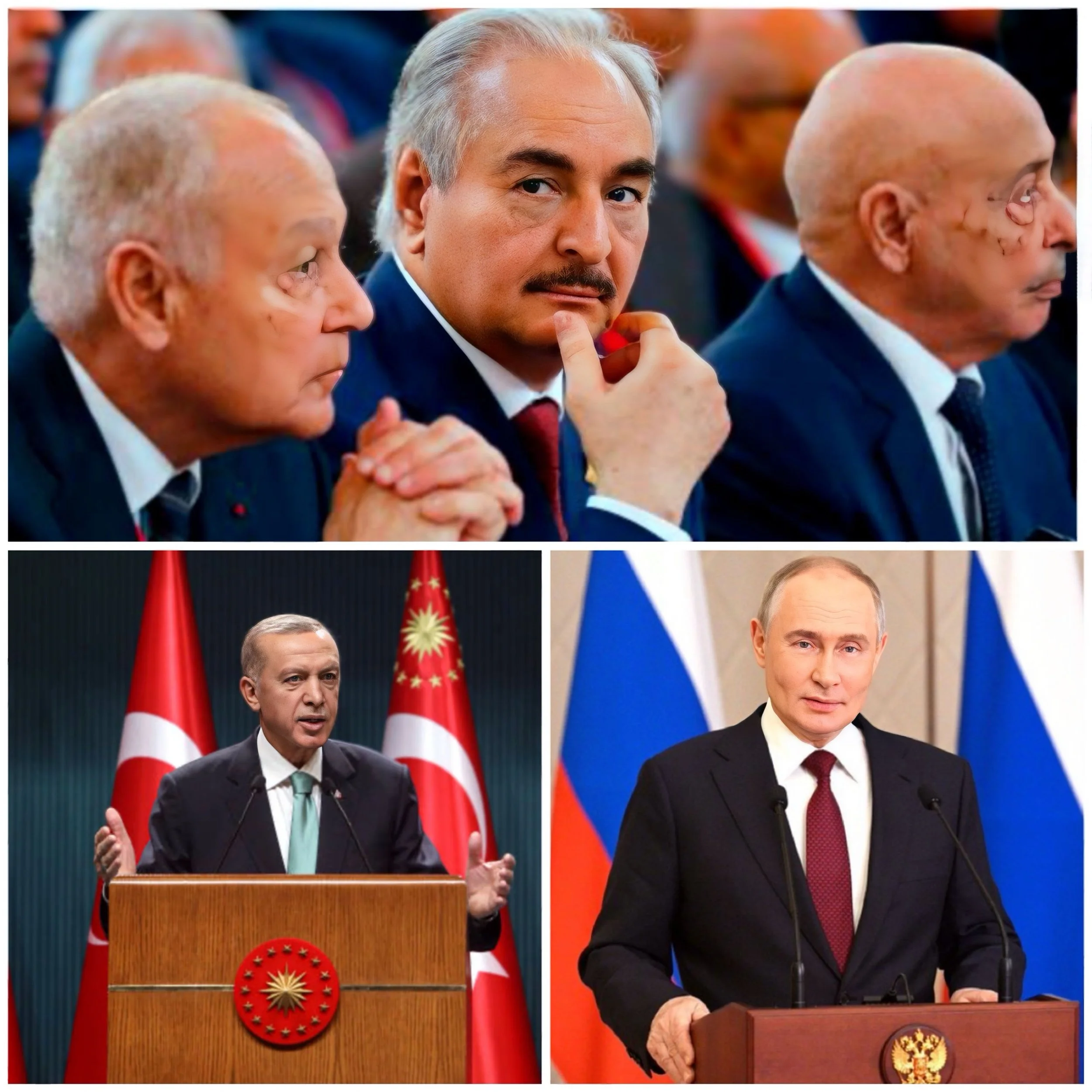What’s at stake in Germany’s election at home and internationally after Olef’s downfall
Introduction
Germany’s upcoming election, triggered by Chancellor Olaf Scholz’s loss of a confidence vote, has significant implications both domestically and internationally. The stakes are high as Europe’s largest economy faces political upheaval during a time of economic challenges and global uncertainty.
Domestic Stakes
Political Landscape Shift
The election could lead to a significant realignment of German politics.
The Christian Democratic Union (CDU), led by Friedrich Merz, is currently leading in polls with around 33% support.
Far-right Alternative for Germany (AfD) and far-left BSW are gaining ground, potentially reshaping the political spectrum.
Traditional parties, including Scholz’s SPD and coalition partners, have seen declining support.
Economic Challenges
Germany’s economy is at a critical juncture:
The country has experienced two years of poor growth.
Debate over the constitutionally-enshrined debt brake is central to economic policy discussions.
There’s a need for strategies to revive the shrinking economy and modernize infrastructure.
Migration Policy
Immigration is a key election issue:
CDU’s Merz has promised a “fundamental change” in migration policy.
Proposals include limiting social benefits for asylum seekers and outsourcing asylum procedures.
International Stakes
European Union Leadership
Germany’s role in the EU is crucial.
The country is often seen as the “lodestone of Europe,” holding the EU together.
Political instability in Germany could lead to turbulence in Europe’s near future.
Support for Ukraine
Germany’s stance on the Ukraine conflict is significant
Scholz has positioned Germany as the largest European supplier of arms to Ukraine.
The election outcome could affect the level and nature of support for Ukraine.
Transatlantic Relations
The election coincides with changes in US leadership:
President-elect Donald Trump’s impending inauguration adds uncertainty to US-German relations.
Germany may need to reassess its role in NATO and global security arrangements.
Economic Policy and EU Stability
Germany’s economic decisions have wide-reaching effects
The debate over the debt brake and economic stimulus measures could impact EU economic policy.
Germany’s economic health is crucial for overall European stability.
Conclusion
The upcoming German election will be pivotal in determining the country’s political direction, economic policies, and international role. The outcome will have far-reaching consequences for Germany’s position within Europe and its relationships with global partners, particularly in light of changing geopolitical dynamics and economic challenges.






